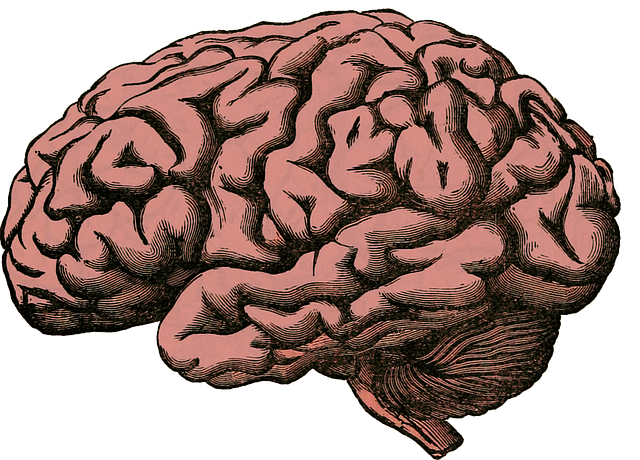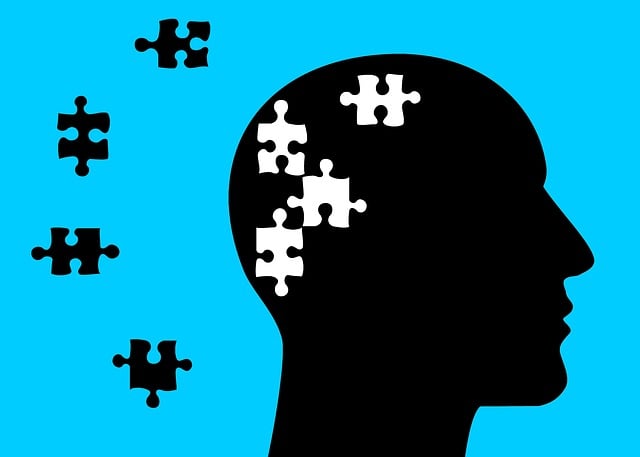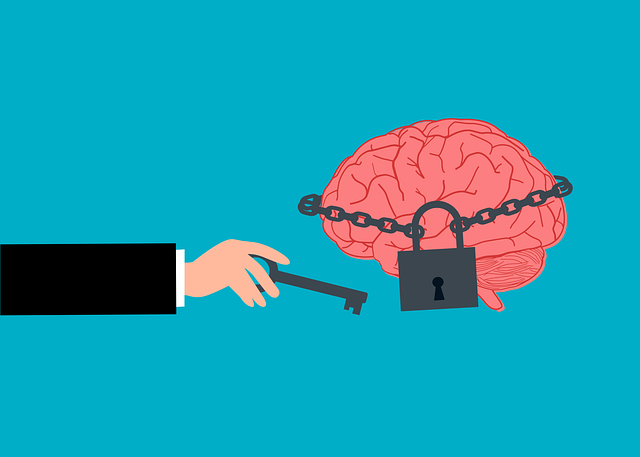Mental wellness programs designed specifically for adolescent teens are crucial in addressing their unique challenges, including anxiety, depression, trauma, and domestic violence. These programs incorporate therapeutic approaches like CBT, mindfulness, and group support to build inner strength and resilience. Early intervention is key to preventing mental health disorders, with risk assessment playing a vital role in tailoring interventions. Therapy focuses on cultivating compassion and emotional regulation, teaching teens coping strategies to manage stress and fear. Evaluation using both quantitative and qualitative methods ensures program effectiveness, informing improvements in treatment for at-risk teens and contributing to mental illness stigma reduction.
“Uncovering Effective Mental Wellness Programs for Adolescent Teens: A Comprehensive Evaluation Guide. This article explores the intricate relationship between mental health support and domestic violence, focusing on its impact on young individuals. We delve into evaluation methods to assess therapy interventions’ effectiveness, emphasizing best practices in supportive therapy implementation. By examining these strategies, we aim to enhance understanding of evidence-based approaches, particularly for teens navigating the challenges of domestic violence. Discover key insights into optimizing mental wellness programs.”
- Understanding Mental Wellness Programs for Adolescent Teens
- The Impact of Domestic Violence on Youth and Their Mental Health
- Evaluation Methods: Assessing the Effectiveness of Interventions
- Best Practices for Implementing and Measuring Supportive Therapy
Understanding Mental Wellness Programs for Adolescent Teens

Mental wellness programs tailored for adolescent teens are essential to addressing the unique challenges they face during this pivotal phase of development. These programs often incorporate various therapeutic approaches, such as cognitive-behavioural therapy (CBT), mindfulness practices, and group support sessions, designed to foster inner strength development in young individuals. By targeting issues like anxiety, depression, and trauma—including domestic violence—these interventions aim to equip teens with coping strategies for managing their emotional well-being.
Risk assessment plays a crucial role in tailoring effective programs. Mental health professionals conduct thorough evaluations to identify potential risks and triggers, enabling them to implement appropriate interventions. This process involves screening for symptoms of mood disorders, post-traumatic stress, and other mental health concerns. Additionally, promoting healthy coping mechanisms, such as mood management techniques, is integral to building resilience among adolescent teens.
The Impact of Domestic Violence on Youth and Their Mental Health

The impact of domestic violence on youth is profound and far-reaching, affecting their mental health and overall well-being. Adolescent teens who experience or witness domestic violence are at a significantly higher risk of developing various mental health disorders, including depression, anxiety, and post-traumatic stress disorder (PTSD). The trauma associated with such environments can disrupt their sense of safety and security, leading to long-lasting emotional scars. These young individuals often struggle with self-esteem issues, fear, and feelings of powerlessness, which can hinders their ability to form healthy relationships and thrive academically or socially.
Therapy for adolescent teens exposed to domestic violence is crucial in helping them process these traumatic experiences. Incorporating Mind Over Matter principles and Self-Awareness Exercises can aid in coping mechanism development and building resilience. By fostering self-reflection, youths gain a deeper understanding of their emotions and triggers, enabling them to manage stress and prevent depression. Additionally, early intervention through mental wellness programs can serve as a powerful tool for Depression Prevention, ensuring that these young people receive the support they need to navigate challenging circumstances and cultivate a healthier mindset.
Evaluation Methods: Assessing the Effectiveness of Interventions

Evaluation is a pivotal aspect of any mental wellness program, particularly when addressing sensitive issues like domestic violence within adolescent teen populations. Researchers and professionals employ diverse methods to assess the effectiveness of interventions aimed at fostering resilience and healing. One powerful tool is the use of standardized questionnaires and surveys, designed to gauge changes in symptoms, attitudes, and behaviors before and after therapy. These assessments provide quantitative data, allowing for the measurement of progress and identifying areas that may require further attention.
Additionally, qualitative methods such as interviews and focus groups offer a deeper understanding of participants’ experiences. This approach is especially valuable when exploring complex topics like domestic violence, enabling individuals to share their personal narratives and perspectives. By combining quantitative and qualitative evaluation methods, mental wellness programs can gain comprehensive insights into the impact of their interventions, ultimately informing improvements in therapy for adolescent teens facing domestic violence and contributing to broader Mental Illness Stigma Reduction Efforts.
Best Practices for Implementing and Measuring Supportive Therapy

Implementing supportive therapy for adolescent teens exposed to domestic violence requires careful consideration and best practices to ensure its effectiveness. One key approach is incorporating compassion cultivation practices, which foster empathy, self-compassion, and positive connections. These practices encourage both the teenager and therapists to navigate emotional challenges with kindness, allowing for a safer and more supportive therapeutic environment.
Additionally, focusing on emotional regulation techniques is vital. Teaching adolescents Mind Over Matter principles enables them to manage stress, anger, or fear in healthier ways. By integrating these strategies into therapy sessions, professionals can empower teens to make sense of their experiences, process difficult emotions, and develop resilience. Regular assessment using standardized tools and continuous evaluation ensure the program’s success and tailor support accordingly.
Evaluating mental wellness programs, particularly those focusing on adolescent teens affected by domestic violence, is essential to ensure the effectiveness of interventions. By employing robust assessment methods, such as pre and post-program surveys, clinical interviews, and data analysis, we can measure improvements in symptoms, coping mechanisms, and overall well-being. Best practices include integrating supportive therapy models, utilizing evidence-based techniques, and fostering a safe, non-judgmental environment. Understanding the unique challenges faced by young individuals exposed to domestic violence is crucial for tailoring interventions that promote healing and resilience. These evaluation methods not only guide program improvements but also contribute to the body of knowledge on therapy for adolescent teens, ultimately enhancing their mental health support.














